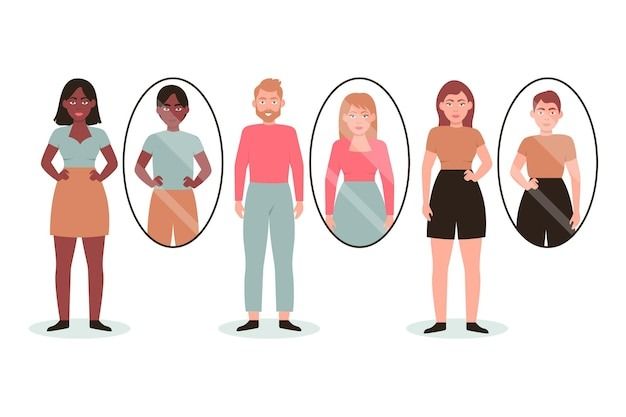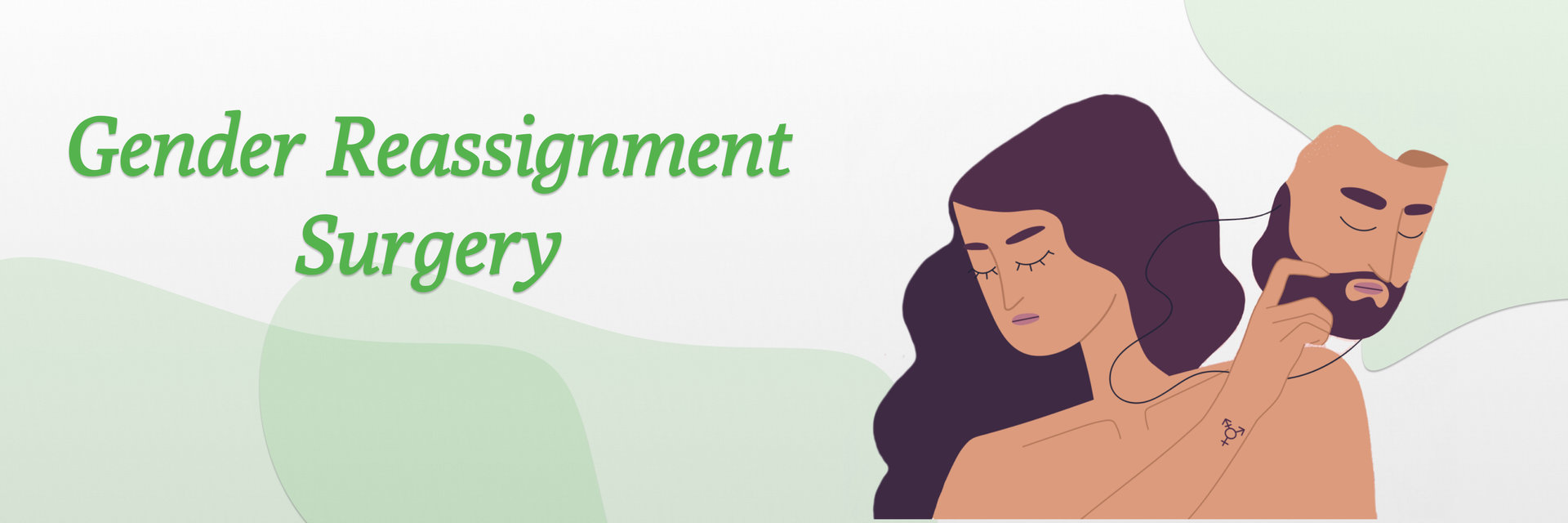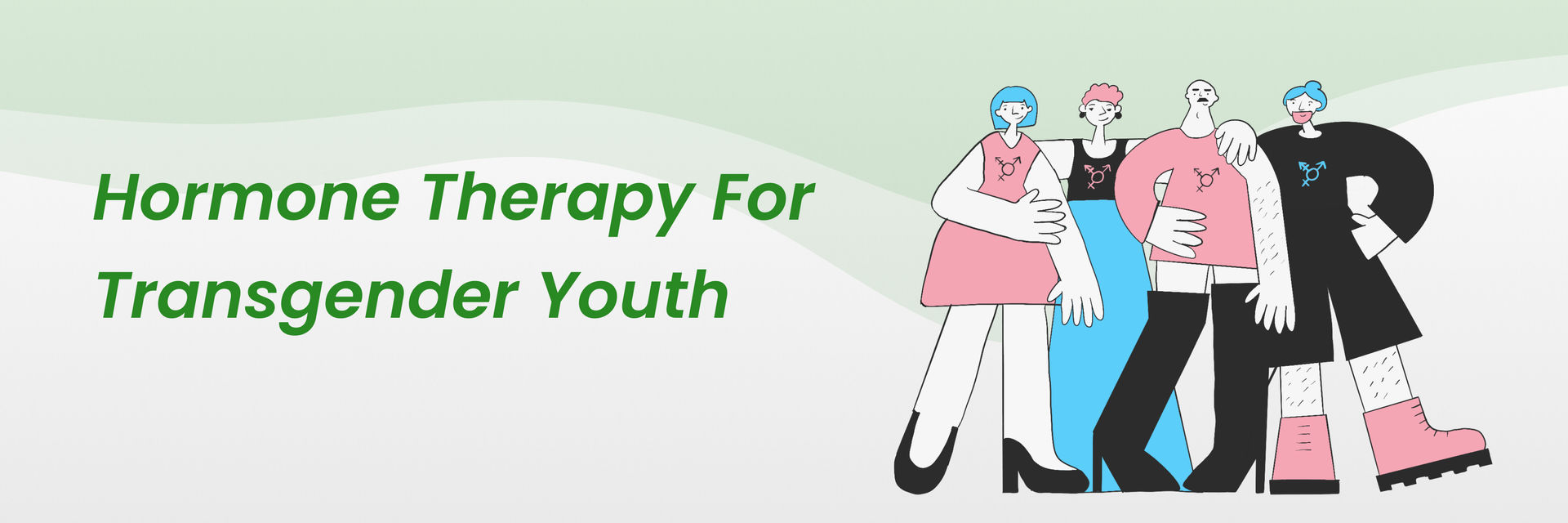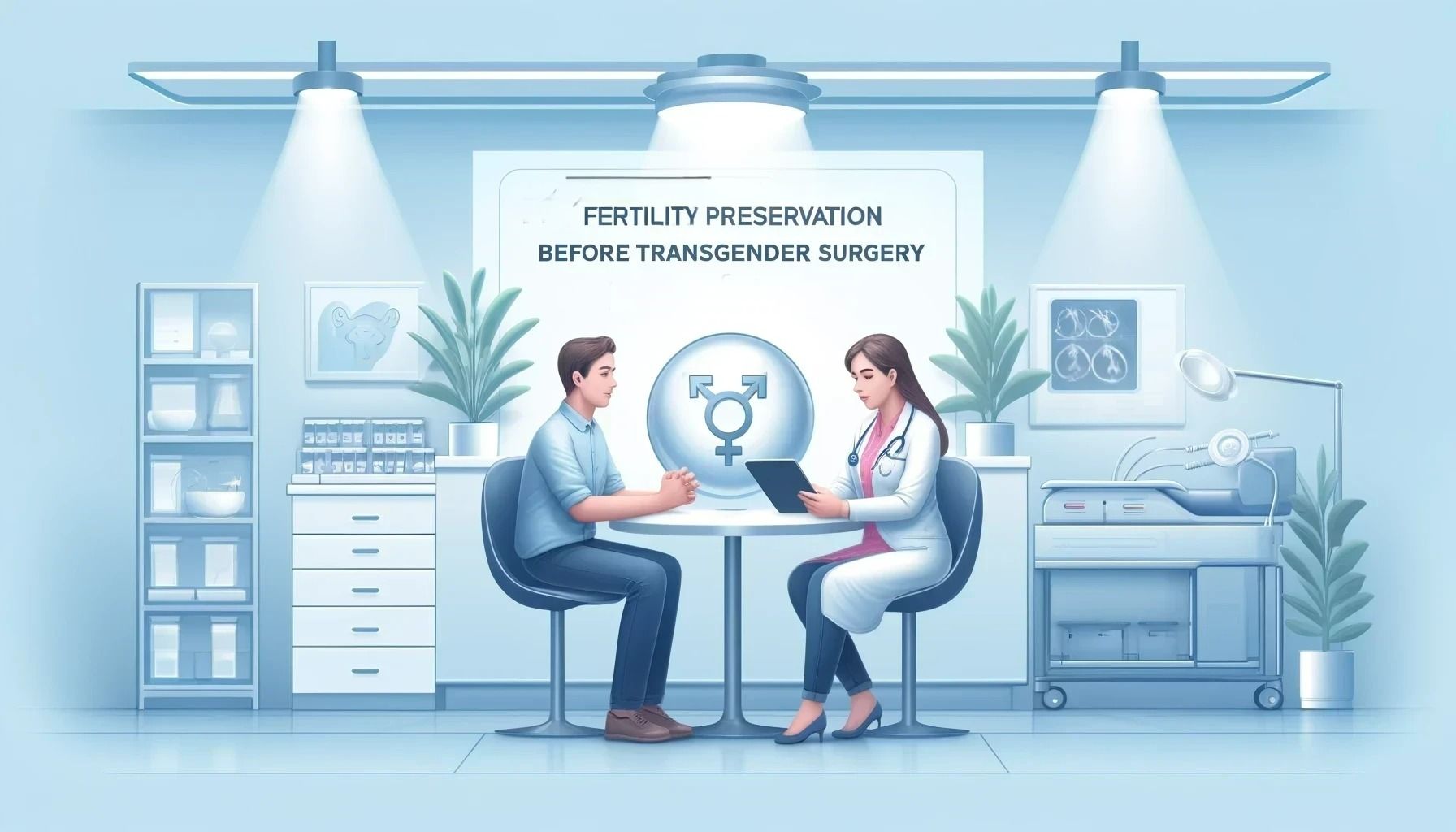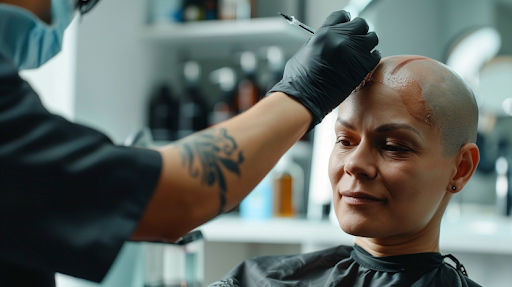Gender reassignment surgery (GRS), also known as gender confirmation surgery or transgender surgery, is a transformative journey that aligns an individual’s physical characteristics with their true gender identity. As societal acceptance grows, more people seek these procedures to affirm their gender. For those who undergo GRS, it’s not just about physical changes—it’s about authenticity. Whether someone identifies as transgender, nonbinary, or gender diverse, GRS plays a crucial role in their journey toward self-affirmation. Studies show a significant improvement in mental health for those who choose GAS, with 24% of transgender women and 8% of transgender men undergoing at least one procedure. But what happens when age enters the equation? In this blog, we explore the intersection of gender reassignment surgery and aging.
Ready to understand how GRS can shape your aging journey? Let's explore together.
Potential Impact of GRS on Aging

Gender-affirming surgery (GRS) can have significant effects on various aspects of aging, influencing physical, mental, and emotional well-being.
Let's explore some potential impacts:
- Physical Resilience: As we age, our bodies change. Skin elasticity decreases, healing may take longer, and overall resilience wanes. For older individuals seeking GRS, these factors can impact surgical outcomes. However, advancements in surgical techniques and personalized care mitigate some of these challenges.
- Emotional Well-Being: GRS profoundly affects mental health. Studies reveal that after surgery, patients experience better social functioning, reduced anxiety, greater self-confidence, and improved body. For older individuals, addressing both physical and emotional aspects becomes crucial.
- Quality of Life: GRS enhances quality of life. Older adults who undergo surgery often report increased life satisfaction, alignment with their true selves, and reduced gender dysphoria. It’s never too late to embrace authenticity.
- Hormone Therapy: GRS often includes hormone therapy, which needs careful management as people age.
- Bone Health: Hormonal changes from GRS, especially in transgender women, can affect bone health. Taking enough calcium and vitamin D is crucial.
Understanding Gender Reassignment Surgery
Gender Reassignment Surgery (GRS), or Gender-Affirming Surgery, is a set of medical procedures to change a person's primary and secondary sexual traits. Its main aim is to match a person's gender identity with their body.
Surgical Options for Transfeminine Individuals
Transfeminine individuals (including trans women and non-binary individuals assigned male at birth) may consider various procedures:
- Penectomy: Removal of external male genitalia.
- Orchiectomy: Removal of the testes.
- Vaginoplasty: Creation of a vagina.
- Feminizing Genitoplasty: Internal female genitalia.
- Breast Implants: Enhancing breast appearance.
- Facial Feminization Surgery (FFS): Softening facial features.

Surgical Options for Transmasculine Individuals
Transmasculine individuals (including trans men and non-binary individuals assigned female at birth) may explore:
- Masculinizing Genitoplasty: Creating external male genitalia.
- Phalloplasty: Constructing a penis using skin grafts.
- Metoidioplasty: Enlarging the clitoris to create a penis.
- Scrotoplasty: Creating a scrotum.
- Hormone Therapy: Often used alongside surgery.
Do you know?
The Transgender Health Program conducted a study focusing on regret rates of gender-affirming surgery. Their findings revealed that 99.7% of trans individuals were satisfied with their surgery
Discover how gender reassignment surgery can transform your life. Schedule a consultation with an expert today.
Please Note: Remember, GRS is not about surgery; it’s about reclaiming one’s narrative and embracing authenticity.
Ready to embrace a healthy and fulfilling life post-GRS? Let's explore practical ways to promote your well-being together.
Promoting Healthy Aging After GRS

After Gender-Affirming Surgery (GRS), promoting healthy aging is essential:
- Maintaining a Healthy Lifestyle:
- Eat a balanced diet, exercise, and focus on preventative care to support health and well-being.
- Consulting with Specialized Healthcare Professionals:
- Seek specialized professionals in transgender health for personalized care and support tailored to your needs.
- Open Communication with Your Doctor:
- Keep the lines of communication open with your doctor about your specific needs, concerns, and any changes you may experience post-GRS.
Focusing on these strategies can enhance your quality of life and promote healthy aging after GRS.
Take charge of your health after Gender-Affirming Surgery. Schedule a consultation with a healthcare professional specializing in transgender health today.
Prioritizing mental health is key to living a fulfilling life. Let's explore the resources available to support you on this journey to self-discovery and acceptance.
The Importance of Mental Health

Research indicates that gender-affirming surgery can significantly improve mental health outcomes for transgender individuals. In the decade following surgery, the need for ongoing mental health care decreases. Additionally, a study found that participants reported high contentedness with their surgical outcomes.
The Journey Continues
As we explore the intersection of gender reassignment surgery and aging, we recognize that each person’s path is unique. Whether someone embarks on this journey early in life or later, the goal remains: to live authentically and find peace within their true selves.
Remember, age is just a number—authenticity knows no bounds.
References:
https://pubmed.ncbi.nlm.nih.gov/23053037/
FAQs
Does GRS impact my ability to age healthily?
GRS can impact healthy aging depending on individual health factors and the quality of follow-up care.
Are there specific health considerations after GRS?
Post-GRS, individuals should monitor for surgical complications, hormonal balance, and psychological well-being.
How can I prepare for aging after GRS?
Preparing for aging after GRS involves maintaining a healthy lifestyle, regular medical checkups, and ongoing mental health support.
What resources are available for transgender health and aging?
Resources for transgender health and aging include local LGBTQ+ health centers, the World Professional Association for Transgender Health (WPATH), and online forums like Susan's Place.
